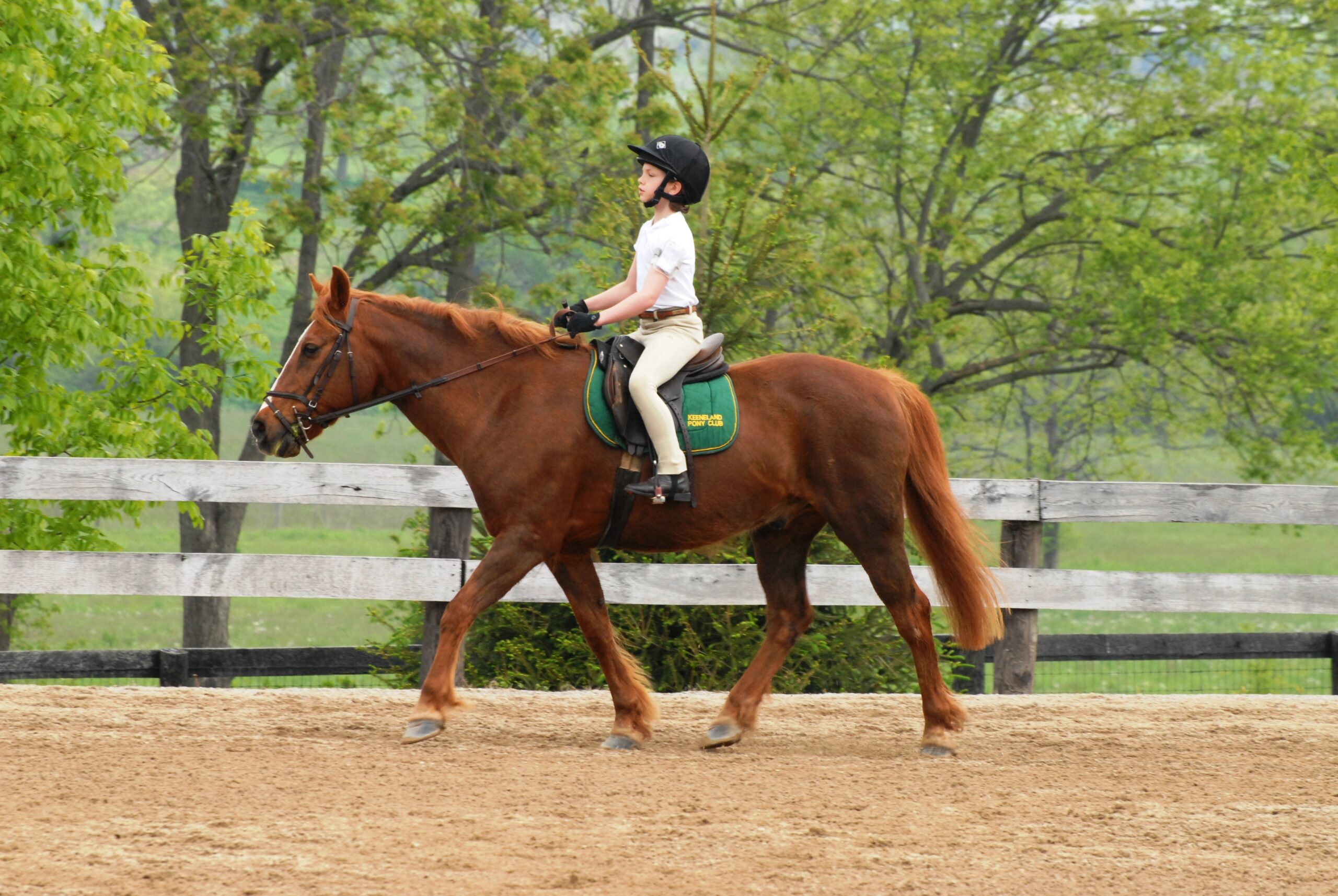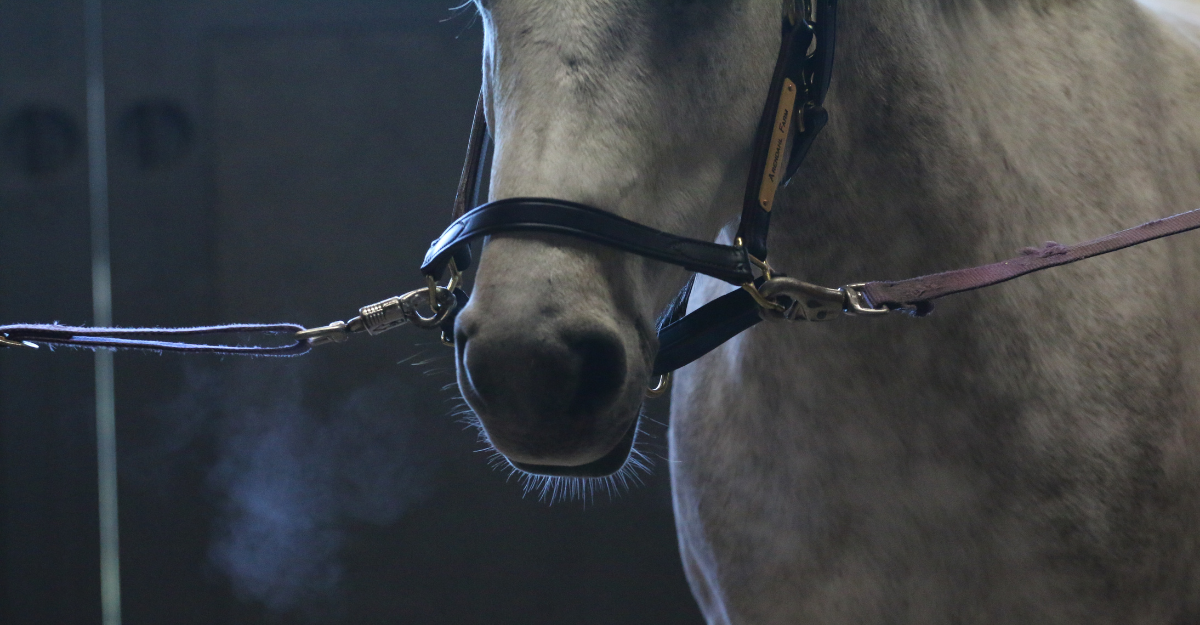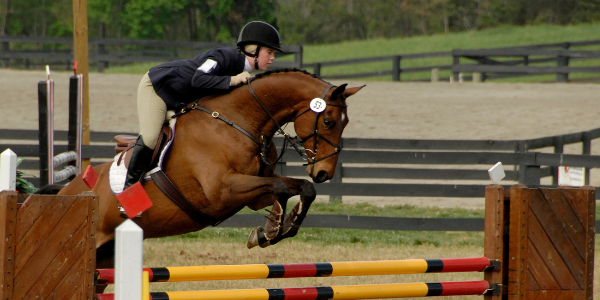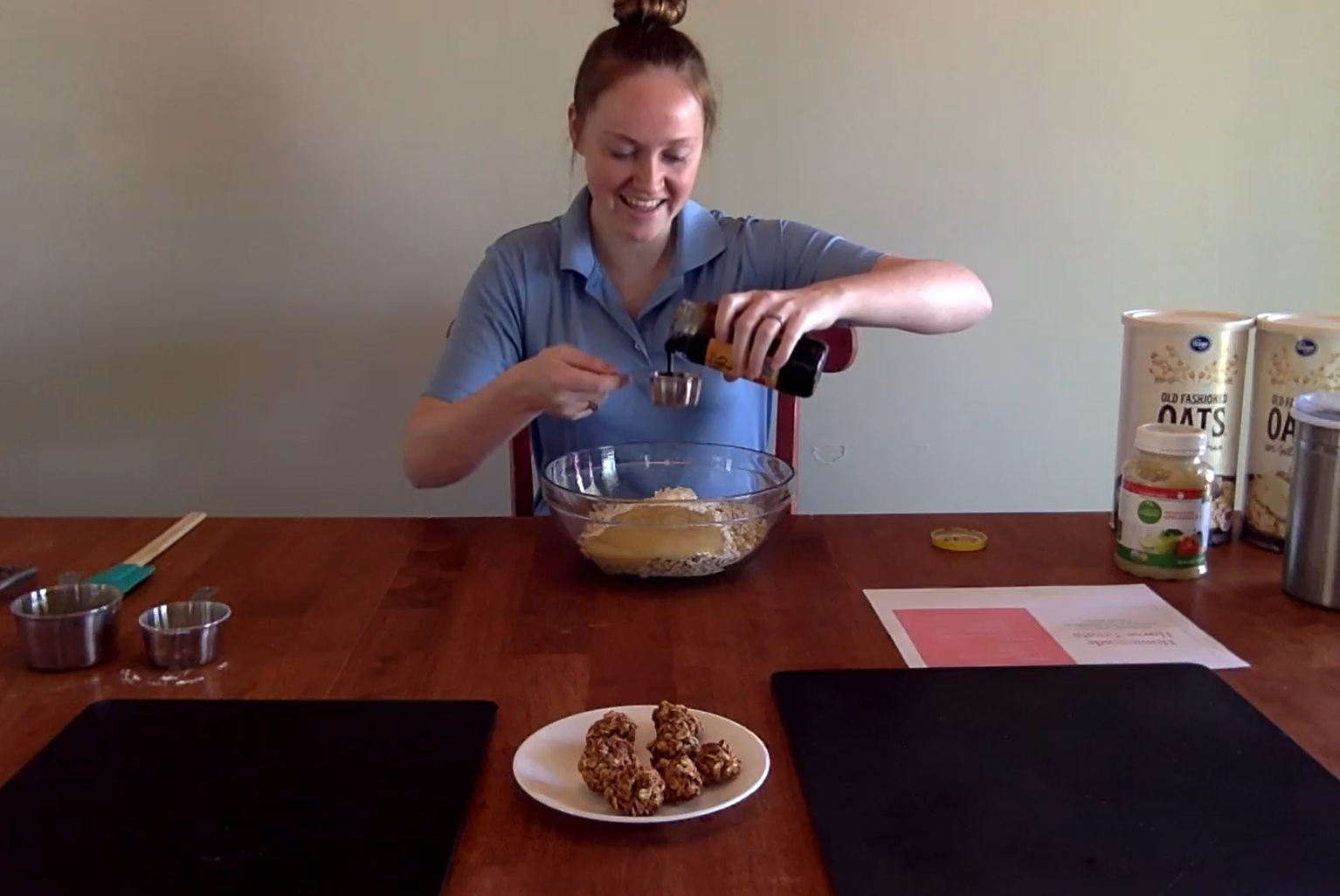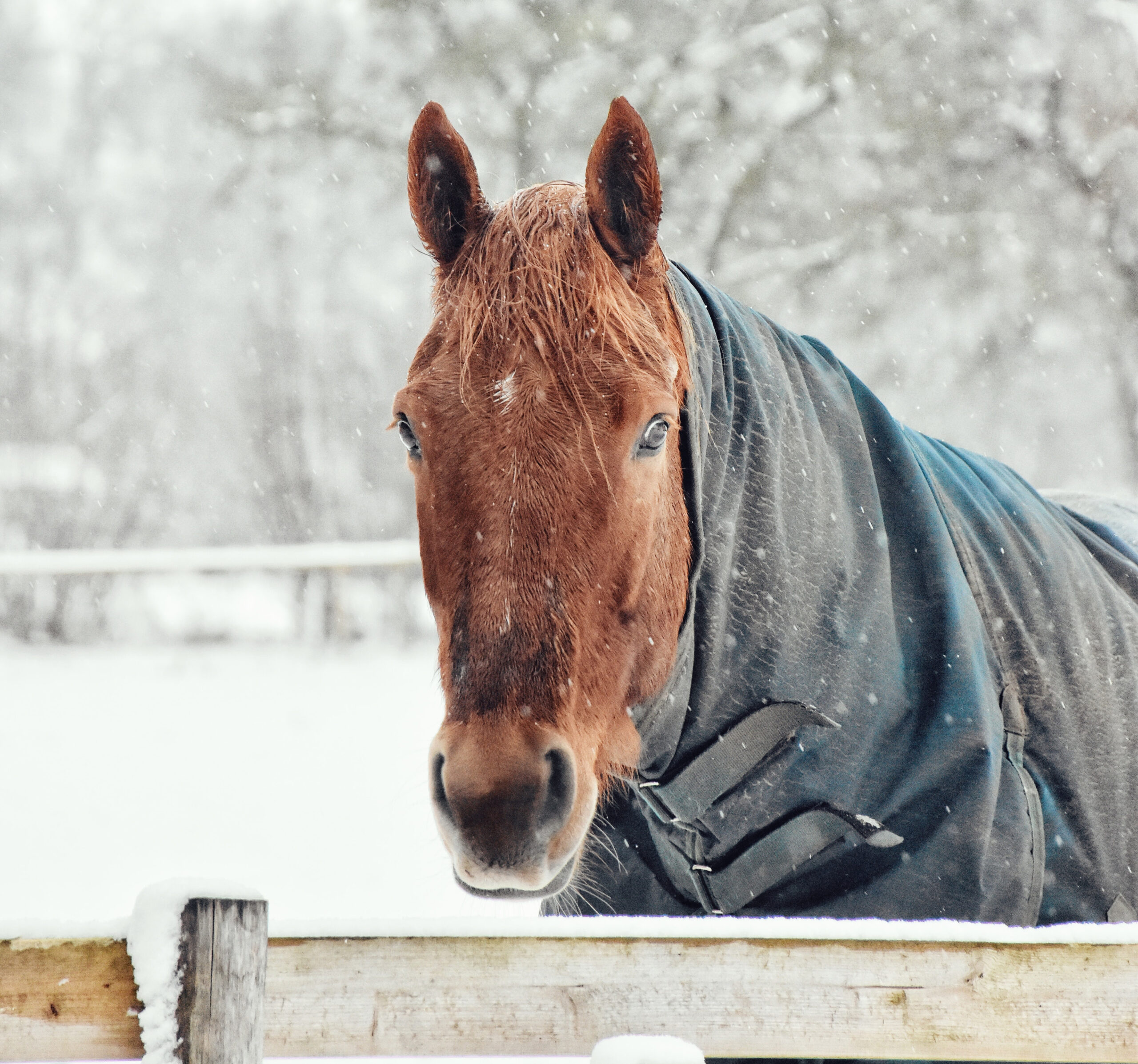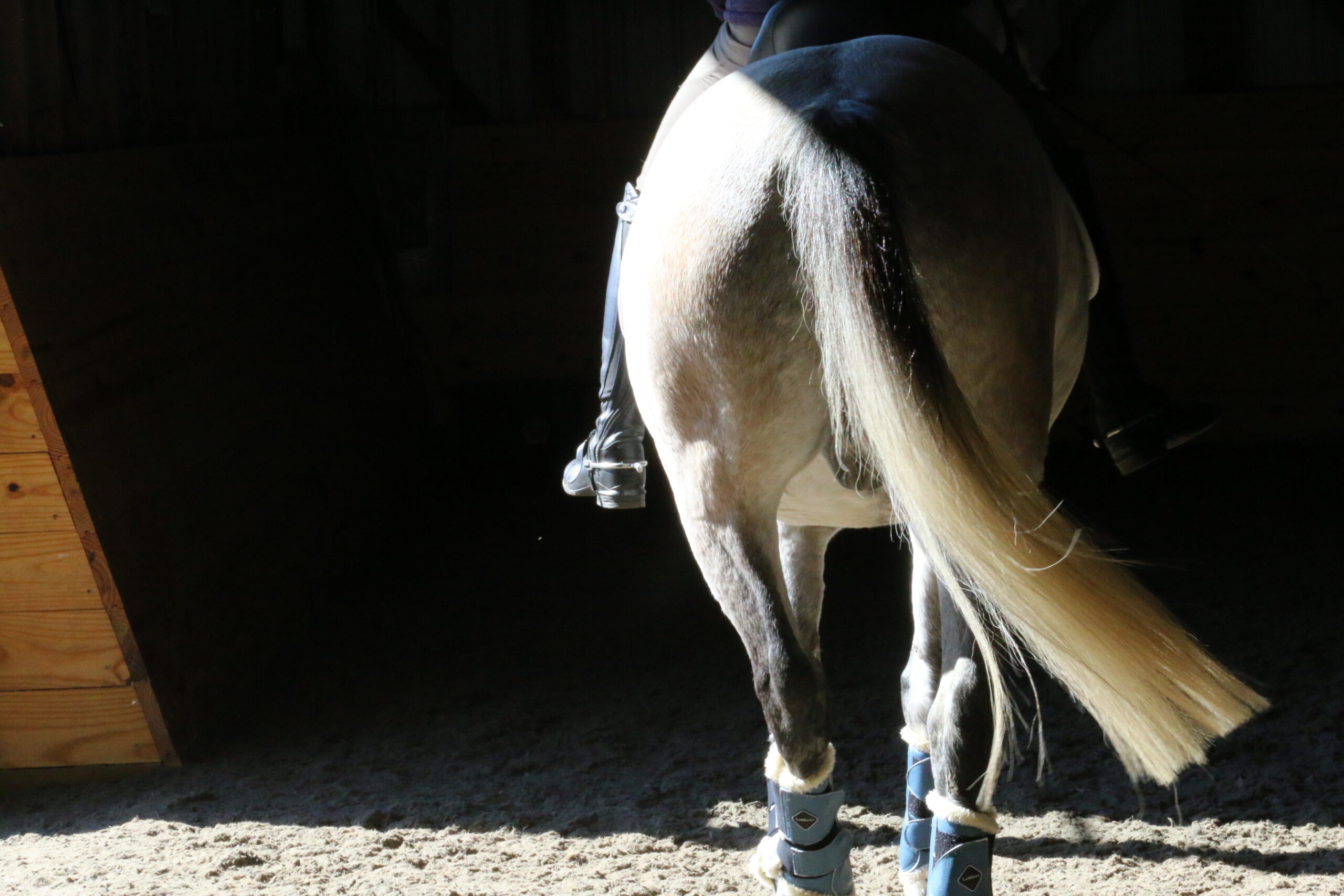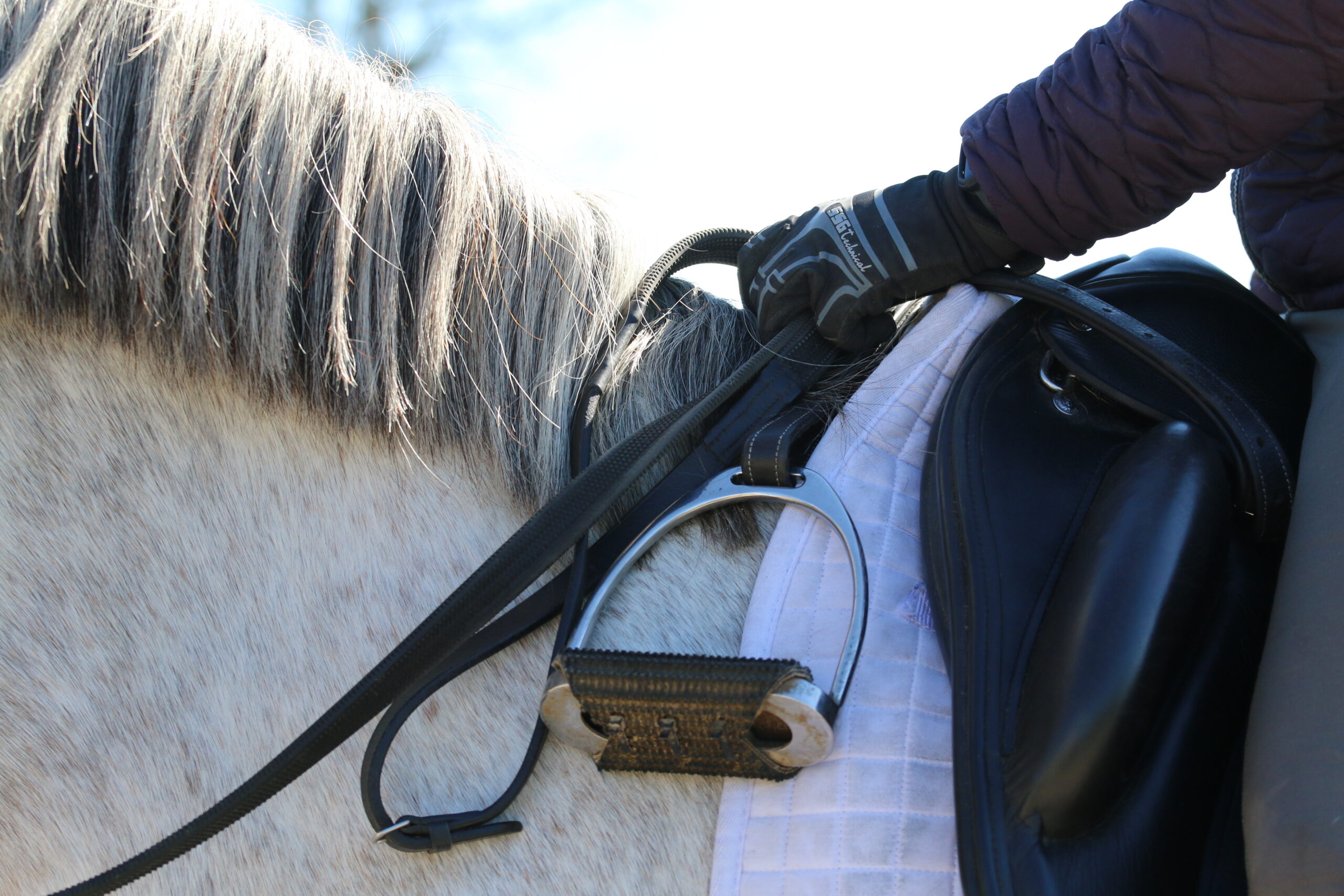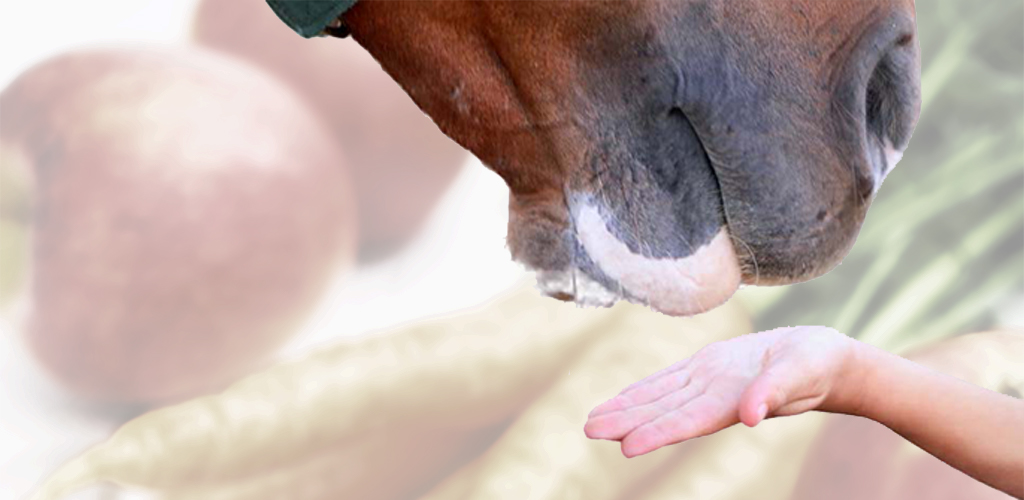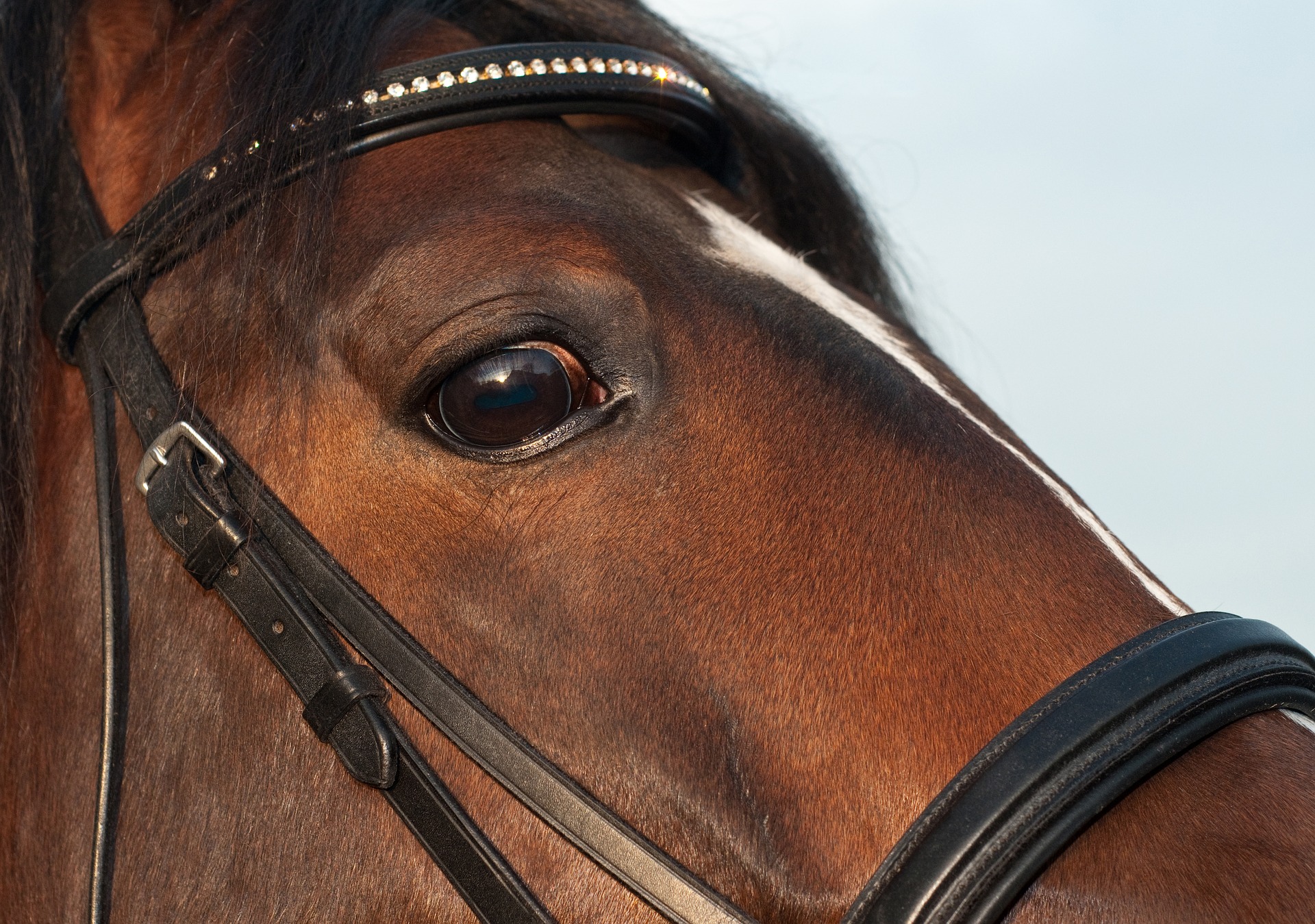Tips From Pony Club Pros
-
NYB: My Travel Essentials
Being a Pony Club member, I have learned that the extremely long, detailed list of required equipment actually has a purpose (other than stressing myself and my team out at rallies)! Yes… That’s right, it does have a purpose. Those boxes have been, on multiple occasions, my saving grace during my show and equine travels!
-
Prepare for Your First Pony Club Meeting
You just joined Pony Club, and you are getting ready for your first meeting. Do you know the four most important things to bring with you? Check out this list to make sure that you are fully prepared!
-
Equine Respiratory Health Tips
A Pony Club vet offers advice on equine respiratory health, with eight simple things you can do to keep your horse's lungs healthy.
-
Using the Pony Club Experience to Enhance Your College Essay
Writing about your experiences in Pony Club can help create a strong impression with the school of your dreams. Here are some tips to craft a great college essay.
-
Homemade Horse Treats for the Holidays
Follow our recipe to whip up a batch of horse cookies for your favorite pony.
-
Winter Health Hazards for Horses
A Pony Club vet's advice to keep your horse healthy this winter, whatever the weather brings.
-
No Stirrups November for Intermediate Riders
In order to ride without stirrups at a rising trot, you must develop your balance plus enough strength in your core and legs. This takes regular weekly practice. Riding without stirrups has many great benefits. It will build your leg strength, increase suppleness, and help you develop a secure and independent seat, which is a goal of all riding disciplines.
-
No Stirrups November for Beginners
No-Stirrups November is trending right now. Are you ready to give it a try? The benefits of riding without stirrups include strong legs, suppleness, and a more secure and independent seat. It’s also good to practice riding without stirrups so that you’ll be prepared in case you lose a stirrup while riding.
-
Horse Treat Tips
Many people enjoy feeding their horses treats. Treats are a nice way to reward your horse after a ride and can be useful as a training tool. Here are some tips to treat your horse safely.
-
Tips for Riding a Spooky Horse
A calm, effective and confident ride during a spook can help the horse go from being anxious and worried to confident, secure, trusting the rider. Here are some tactics to help a spooky horse.


